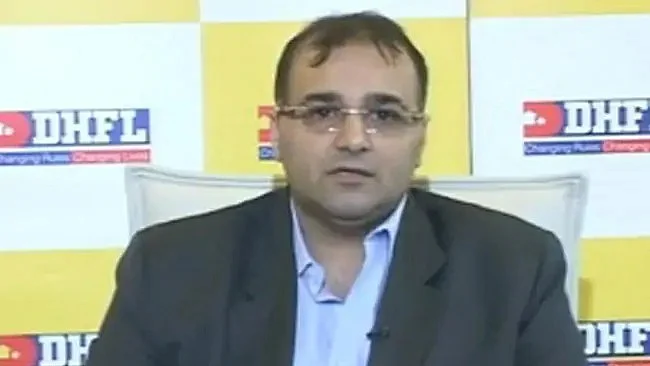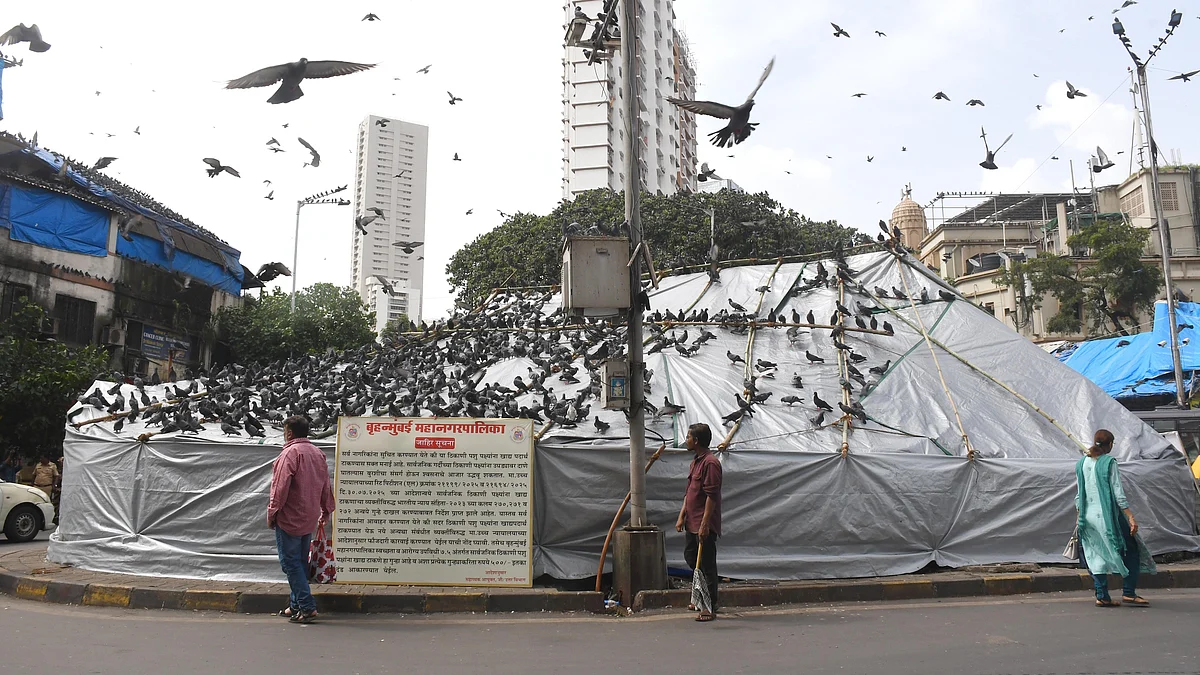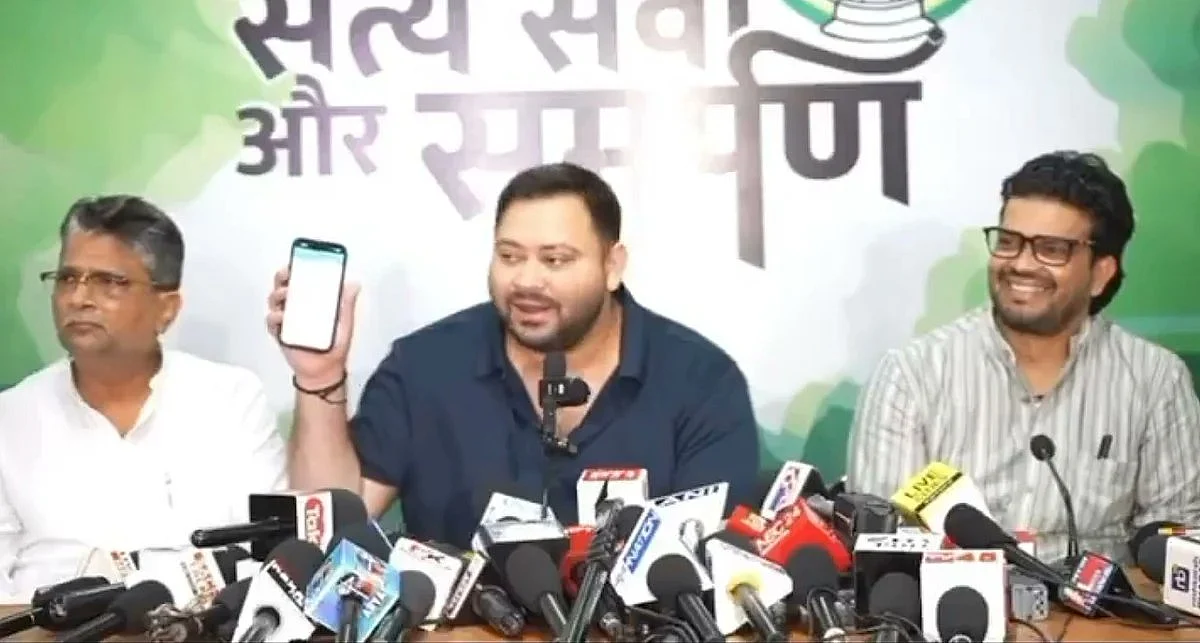This pertains to a report published in FPJ recently, “Suicidal tendency among youth on the rise”. This is a worrisome trend. On May 27, seven members of a family from Dehradun consumed poison and died by suicide in Haryana's Panchkula. In fact, suicide in all age groups is on the rise. Philosophising, even intellectualising, suicide is easy, but when the statistics show the rampant suicides in India, one understands the magnitude of it. According to data, 171,000 suicides were recorded in 2022, registering a 4.2% increase over 2021 and a jump of 27% compared to 2018. The rate of suicide per 100,000 population increased to 12.4 in 2022, which is the highest year for this data. Today, suicide is the largest public health crisis facing India and is the leading cause of death among youth.
There's no condescending or sermonising attitude towards the people who choose to commit suicide. Neither is there any pontification in saying patronisingly that they shouldn't have done this. They must have gone through some unbearable pain, predicament and turmoil in their lives, and their ordeals must have been overwhelming. All said and done, suicide, like war, is no solution to any problem, however daunting and insurmountable it may seem and sound. Like capital punishment, it is an irretrievable step.
When someone is engulfed in darkness, overwhelmed by their inner turmoil, the idea of ending their pain may seem like the only rational way out. The decision to die is not driven by a desire for death itself but rather by the immense struggle and anguish one feels on a daily basis. There's a yearning for relief from the pain that seemingly has no end. Though circumstances could be unimaginably depressing and woefully pathetic, there's always a silver lining to the cloud. Every life has a purpose, and that purpose can be realised only till the (natural) end of life. Suicide truncates that possibility. It jettisons all the chances and opportunities that could have blossomed hadn't life been depleted abruptly.
The Koran condemns a man to be consigned to hellfire for eternity. In the 21 teachings of Prophet Muhammad, suicide has been considered the gravest sin (read Bukhari's authentic Hadith of Muhammad's teachings); the Bible categorically condemns it, and the Torah (scriptures of Judaism) calls it ‘an audacious sin against the God’ (Rizdaast ustees yameen wa' Jehovah).
Scriptures aside, the most relevant existential conundrum in human cerebral discussions and discourses since time immemorial is whether or not one should commit suicide. Suicide is an existential conundrum. It's not the exercise of free will. Rather, it's the failure of volition or free will. Mind you, there’s no heroism fallaciously attributed and accrued to suicide. Camus explained it beautifully in his letter to a very young Edward W. Said, “There's an uncanny glamorous side to suicide. Don't get lured by it and descend into an abysmal pit of self-loathing. Face the music because man's condemned to experiencing the pains and pitfalls throughout his life. Don't get fazed by them...” When cancer struck Said in 2002, he remembered the words of Camus and faced the Big C with utmost equipoise and equanimity. He, too, wanted to commit suicide but refrained from doing so.
The human spirit has an astounding quality to bounce back. It's amazingly resilient. That's the reason the indomitable human spirit eventually tides over all negativity and low tides in life. Remember, adversities are great, but man is greater than all adversities. Society must see to it that a suicidal person mustn't further descend into the pit of despair. Individuals grappling with suicidal thoughts are desperately reaching out for support, compassion, and understanding from those around them. Our society must change the narrative surrounding suicide and encourage a more empathetic approach, emphasising the importance of offering help and showing genuine concern to those in need. We must reevaluate our perception of suicide, urging empathy and understanding for the unimaginable pain that pushes some individuals to the brink. We must approach mental health issues with empathy, understanding that many individuals silently combat private battles that may be obscured from the outside world. By acknowledging the hidden battles that precede suicide as equally important as the visible signs, we can foster a more compassionate and supportive environment for those in need.

The stigma attached to mental health issues creates an environment where seeking help is perceived as weakness, causing people to internalise their pain. As a result, suicide rates soar as an unspoken epidemic that claims countless lives. In a society that often stigmatises mental health issues and fails to prioritise open discussions about suicide, those grappling with this immense pain find themselves left in isolation. Their pleas for help and understanding are often met with silence or dismissal, further exacerbating their struggle. Society must address the underlying causes of the immense pain of a number of individuals, young or old, and work collectively to create spaces of understanding, empathy, and resilience for those who are suffering, ensuring that every individual finds solace and hope in life. Suicide is not a flaw of mental health but a flaw in the societal structures that fail to support those in need. We all must understand that depression is not just sadness but a heavy weight that crushes the joy out of life, leading to thoughts of suicide. Depression is a burdensome weight that drains all the happiness and joy from one's life. This heavy weight lingers constantly, making it hard for individuals to find enjoyment in the things they used to love. It creates a suffocating environment that makes it difficult to see any hope or positivity. As a result, thoughts of suicide begin to emerge as a desperate attempt to escape this overwhelming pain. Remember, behind every suicide attempt lies an untold story, a pain that cannot be put into words. Suicide is not a sign of weakness but a sign that one has been fighting for too long.
Suicide can occur impulsively during periods of extreme stress, and those who are vulnerable may struggle to cope with such stressors as financial difficulties, medical conditions, or personal loss. Loneliness and isolation are also significant risk factors. In addition to mental health concerns or mental illnesses like depression, economic stress, unemployment, financial instability, huge amounts of debt for whatever reasons in their business, family conflicts, and marital discord, all leading to hopelessness, are other contributing factors. Young and bright kids at coaching centres like Kota and Sikar in Rajasthan are cutting short their lives because they're unable to cope with overwhelming expectations of their parents, teachers, society and relatives. Let them study without putting any pressure on them. Marks and placements aren't the be-all and end-all. Remember, human life is the most precious gift bestowed upon humans by a benevolent nature. Instead of committing suicide, stare into the glacial eyes of death; reach out to people who're full of empathy and value life. In short, suicide is an irreversible step. Eschew it.
Sumit Paul is a regular contributor to the world’s premier publications and portals in several languages.










